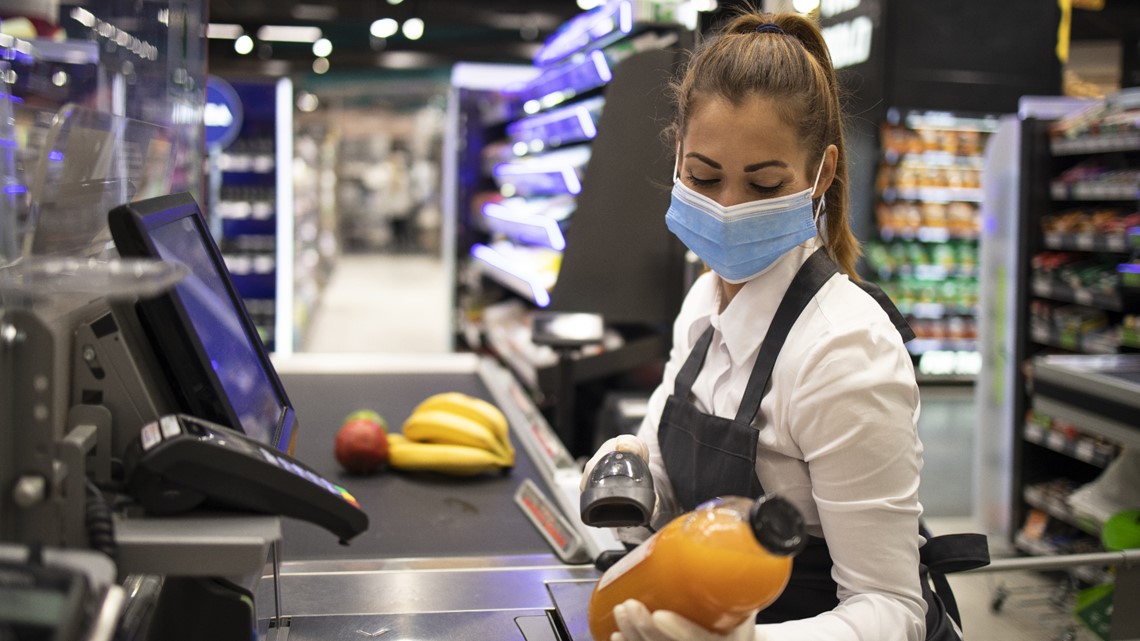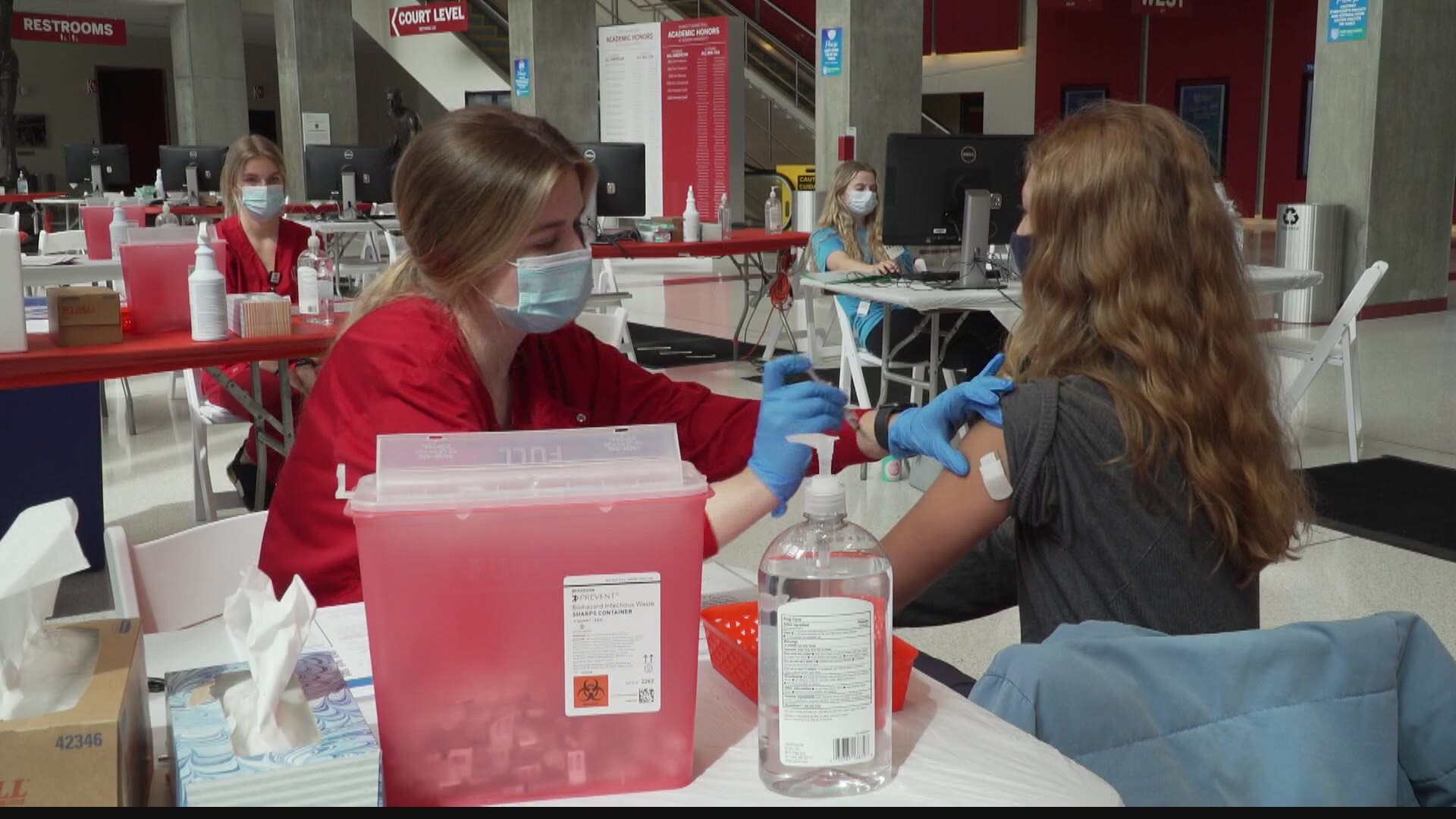INDIANAPOLIS — Granting COVID-19 vaccines full approval would erase many doubts employers and universities may have about requiring workers and students to be vaccinated.
"I think it takes away any blurry lines and makes them sharper," said Russ Silverman.
Silverman is an attorney and professor of health policy and management at the Richard M. Fairbanks School of Public Health. According to Silverman, employers already have the legal right to ensure a safe work place.
"And that can be anything from making sure barrels don't fall off top shelves, to making sure if there is protection available against infectious diseases, that people are taking steps to keep their fellow employees and maybe customers from getting sick," he explained.
Universities and health care providers have said they've hesitated making vaccinations mandatory because the vaccines had not received full government approval.
Can they at least ask workers and students if they've been vaccinated and require proof? Silverman says yes, but there is a catch.
"If employees haven't received the vaccine, employers probably shouldn't ask why," he said.


That prying could violate HIPAA and other privacy rules, Silverman said.
Employers can also impose special work rules or restrictions on workers who won't be vaccinated.
"You could require PPE. You could require that person to tele-work if that is an option," he said.
The best option, according to Silverman, is for businesses and universities to make it easy for workers and students to get vaccinated. There are tax breaks for companies who give workers paid time off be vaccinated and, if necessary, recover from any side effects. Encouragement he says is preferable to enforcement.

